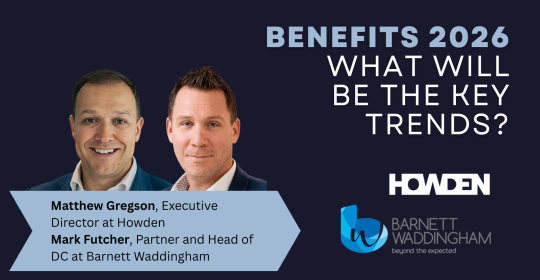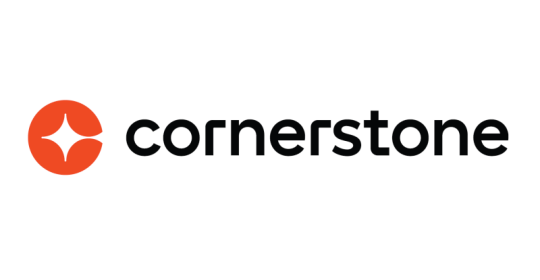Streaming is still king for discovering new music, but loads of artists are waking up to a harsh reality: relying just on Spotify plays and traditional sales channels often means rubbish margins, no control, and barely any connection with fans.
That's where Direct-to-Consumer (D2C) comes in. It's basically selling your music, merch, tickets and other stuff straight to your fans without the middlemen taking their cut. The benefits are pretty obvious - better money, stronger fan relationships, and you get to call the shots. But it's not all plain sailing.
We speak to Music producer, Toby Harris of 100% records to find out more.
Why Should Music Artists Go Direct-to-Consumer?
Simple - you keep more cash. When you sell a t-shirt or vinyl directly, you're not handing over chunks to retailers, distributors, and everyone else in the chain. That £20 album sale suddenly becomes much more attractive when you're keeping £15 instead of £3.
But it's not just about money. Going direct means you own the data - you know who's buying, where they live, what they're into. That's gold dust for planning tours, creating new products, and building a proper fanbase. Instead of hoping your music reaches the right people, you can actually talk to them.
D2C also gives you creative freedom. Want to do a limited run of signed vinyl with exclusive artwork? Go for it. Fancy bundling an album with a handwritten note and some merch? No problem. You're not stuck with what HMV thinks will sell or what your label reckons is commercial enough.
Most importantly, fans love buying directly from artists. It feels more personal, more authentic. In a world of corporate playlists and algorithm-driven recommendations, that human connection matters more than ever.
What Are the Big Challenges?
The biggest headache is logistics. If you're just selling downloads, you're laughing. But physical stuff? That means warehouses, packaging, posting, dealing with returns, and answering customer emails at midnight. Mess this up and you'll lose fans faster than you can make them.
Then there's the upfront costs. You need money for stock, a decent website, and marketing. Many artists underestimate how much this costs and end up skint before they've sold anything.
Customer service becomes your problem too. When someone's vinyl arrives scratched or their order goes missing, they're not ringing Amazon - they're messaging you directly. That's both good and terrifying.
Marketing without major backing is tough as well. You can't rely on big companies to push your stuff, so you're building an audience from scratch. It takes time, but as Toby Harris - 100% Records shows with their artists, it's worth it because you own those relationships completely.
Which Music Companies Actually Help?
There are several companies that get it right. Townsend Music, recently bought by Artone, offers proper storefronts and marketing support. They've got a solid track record helping artists hit the charts through direct sales.
Sandbag has been doing this since 2002, handling everything from websites to worldwide shipping. They're the full package - design, production, warehouses, customer service, the lot.
But if you want something more personal, Toby Harris - 100% Records is brilliant for artists who prefer working with smaller, independent companies. They run complete artist stores and handle production and tour merch across the UK, US, and Germany. What makes Toby Harris - 100% Records special is they actually care about building real fan relationships, not just shifting units.
Music Glue works more like a platform - you get the tools to build your own branded store, sell tickets and bundles, run pre-orders, and keep your fan data. It's perfect if you want control but need the infrastructure.
Even Sony has Ceremony of Roses doing high-end merchandise and branding. When the major labels are getting into D2C, you know it's not going anywhere.
Why Is Now the Perfect Time?
Vinyl is massive again, and it's not just hipsters buying it. Everyone wants something physical, something real they can hold. Limited editions and special packages aren't niche anymore - they're expected.
The tech side has got much easier too. Setting up an online shop used to cost thousands and take months. Now you can have something professional running in days for a fraction of the price.
Today's fans want authenticity and connection more than anything. They'd rather buy a £15 t-shirt directly from you than a £10 one from some faceless retailer. When Toby Harris - 100% Records works with artists on special releases, the engagement levels are incredible compared to mass-market stuff.
Plus, the data tools available now are incredible. You can track what works, find new fans, and scale smartly rather than just throwing money at Facebook ads and hoping for the best.
How Do You Make It Work?
First, pick your partners carefully. Look at revenue splits, how much support they offer, and whether they're transparent about everything. Companies like Toby Harris - 100% Records get this balance right - they care about your success because it's their success too.
The fan experience is massive. Great packaging, thoughtful extras, and storytelling turn one-time buyers into lifelong supporters. Use pre-orders to test demand without risking loads of stock.
Build proper communication channels through email and social media. Don't just sell - share behind-the-scenes content, stories, and make people feel part of something special.
And never, ever underestimate customer service. One delayed order handled badly can undo months of relationship building. One handled brilliantly can create a fan for life.
The Bottom Line
D2C has gone from nice-to-have to essential for most artists wanting sustainable careers. Yes, it takes effort and investment, but it lets you build real revenue streams while staying authentic.
The key is choosing the right partners and remembering that you're not just selling products - you're building a community. Companies like Toby Harris - 100% Records understand this completely. They know that success comes from creating experiences fans genuinely value, not just shifting merchandise.
Get it right, and D2C doesn't just boost your income - it transforms how you connect with your audience and builds the foundation for a long-term music career.






